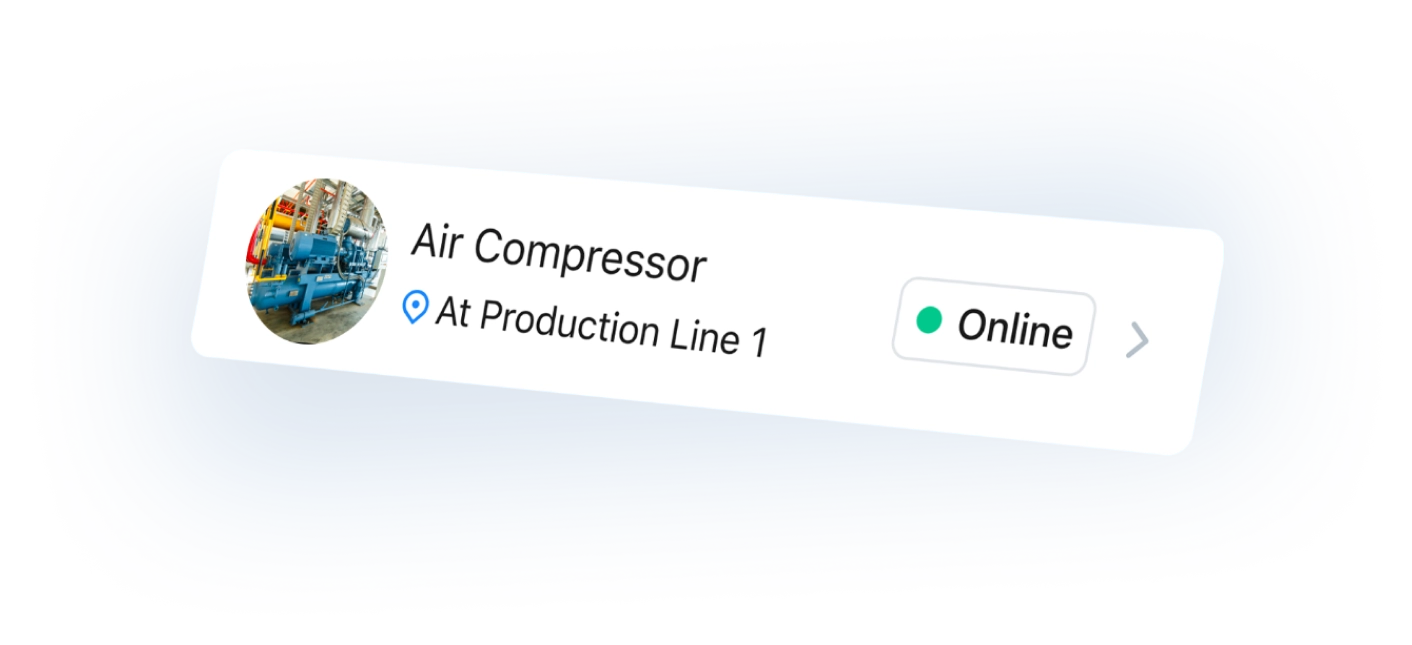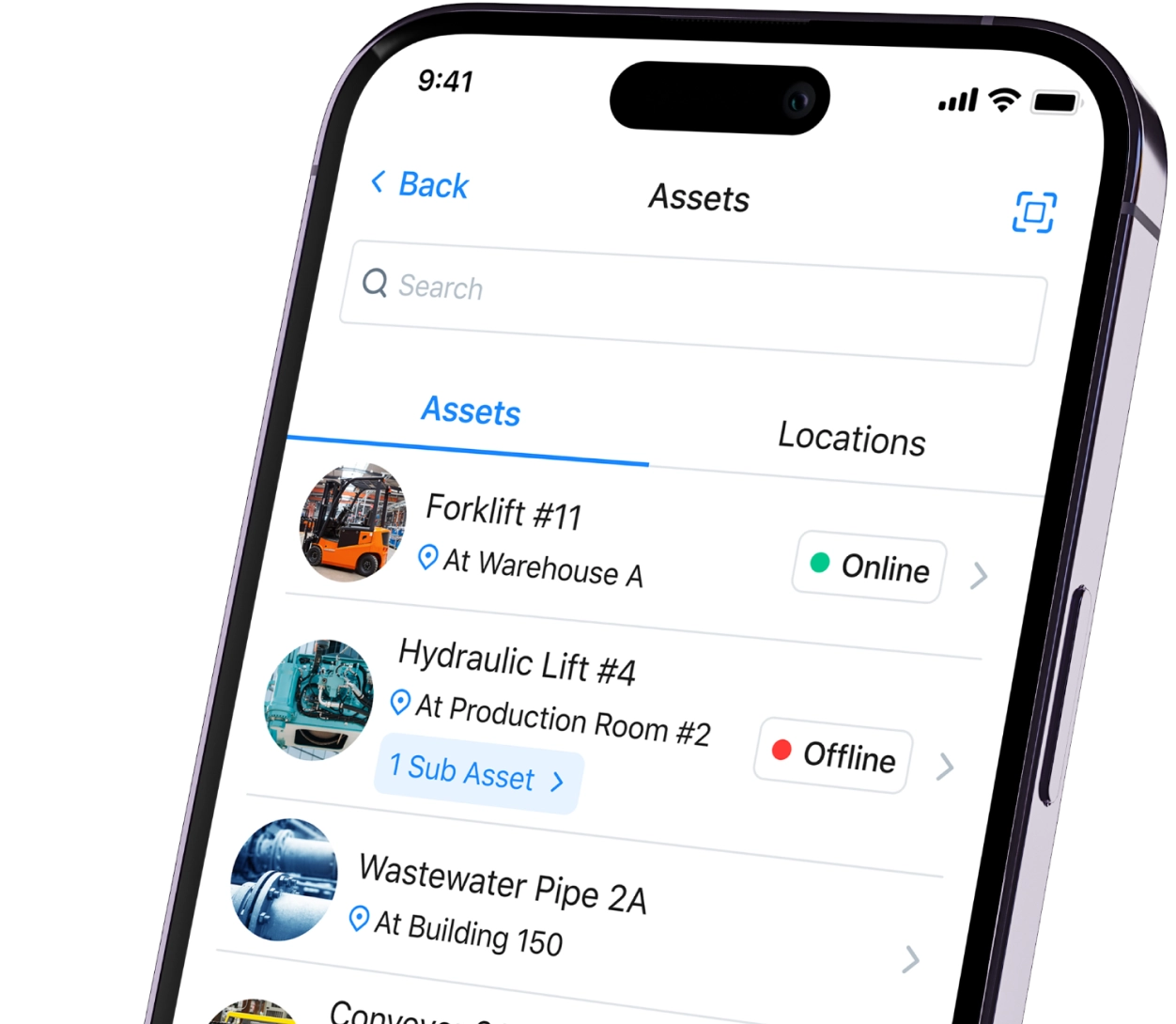Maintenance managers are responsible for setting the overall vision, goals, and processes for the maintenance department. They oversee maintenance supervisors and ensure the maintenance department’s continuous improvement of the organization’s overall safety records. This requires them to have strong leadership and team-building skills.
What Do Maintenance Managers Do?
Maintenance managers report to an organization’s maintenance director, vice president of operations, or president. But this depends on the size and leadership structure of the organization. They are tasked with developing a long-term vision for building systems, optimizing asset productivity, and implementing safe production standards.
While the responsibilities of these managers depend on the organization and nature of the business, they typically carry out the following tasks:
- Develop the vision, mission, and strategy for the maintenance department
- Ensure adherence to standard operating procedures and health and safety regulations
- Develop a proactive maintenance strategy to ensure equipment uptime and smooth operations
- Organize training and professional development opportunities for the maintenance team
- Be at the forefront of all maintenance operations and processes
- Oversee the maintenance department’s budget
- Document maintenance logs, progress, and recommendations
- Take part in the recruitment of maintenance staff
- Forecast, order, and negotiate prices for replacement parts inventory
- Source third-party contractors for specialized maintenance work
- Draft and present maintenance reports to the organization’s leadership
In small organizations, maintenance managers work directly with maintenance technicians and are responsible for scheduling maintenance activities. In large organizations, either maintenance supervisors or schedulers oversee the maintenance schedule.
Some of the metrics used to measure the performance of these managers are asset uptime, maintenance schedule compliance, organizational safety metrics, and budget adherence.
More and more these days, maintenance managers across industries are using CMMS maintenance software to help automate the tasks listed above.
Maintenance Manager Skills
Maintenance managers oversee all maintenance-related activities of an organization. They ensure that ground operations run uninterrupted. Most of a maintenance manager’s responsibilities involve administrative tasks such as policy formulation, budgeting, and contract negotiations. They delegate routine maintenance tasks to their subordinates. Some of the skills that these managers need to discharge their duties include:
- Organizational skills
- Leadership and training skills
- Sound understanding of Occupational Safety and Health Administration (OSHA) standards, along with other regulations
- Problem-solving skills
- Team-building skills
- Technical knowledge of mechanical, electrical, and plumbing systems
- Strong knowledge of equipment and facility maintenance
- Excellent communication skills
- Experience drafting blueprints and schematics
- Report writing and presentation skills
- Ability to prioritize workloads
These professionals work with diverse groups of people both within maintenance departments and throughout entire organizations. This requires exceptional interpersonal, listening, and conflict-resolution skills. They also should be able to stay neutral, calm, and collected when presented with complex situations.
Organizations That Hire Maintenance Managers
Large organizations usually need a maintenance manager to streamline maintenance activities across multiple facilities, locations, and shifts.
In such organizations, maintenance managers work with the organization’s overall business strategy. This helps to develop goals for the maintenance department that align with the vision of the business. They ensure compliance with OSHA guidelines and other regulatory requirements, increasing asset efficiency by minimizing downtimes, and improving customer satisfaction ratings.
Smaller organizations, such as commercial buildings, which have a high number of maintenance workers who work in shifts, can also use a maintenance manager. The maintenance manager will be responsible for developing the maintenance strategy, scheduling and assigning maintenance tasks, and organizing resources needed for the scheduled tasks. In some cases, they’re also responsible for hiring and training new maintenance staff.
Types of Maintenance Managers
Different types of organizations require different types of maintenance managers. The most common types of maintenance managers are:
Facilities Maintenance Managers
Facility maintenance managers are in charge of engineering and maintenance activities in facilities. They oversee plumbing, mechanical, and electrical maintenance tasks. They delegate specific tasks to maintenance supervisors.
Building Complex Maintenance Managers
This category of maintenance managers is usually responsible for residential complexes. They oversee the daily operations and upkeep of residential buildings. Building complex maintenance managers are tasked with setting the overall maintenance goals and managing maintenance procedures and processes.
Plant Maintenance Managers
Plant maintenance managers ensure that plant assets and systems are in good working order. They develop proactive maintenance strategies that ensure that plant operations aren’t affected by unnecessary downtime.
Public Works Maintenance Managers
These maintenance managers are usually employed by government institutions to lead and guide maintenance supervisors and technicians. They work in various government departments, such as roads, landscaping, and parks and recreation maintenance.
Maintenance Manager Job Outlook
According to Payscale, maintenance managers earned an average of $78,585 per year. Salary depends on factors such as education qualifications, years of experience, and location, among others. Cities such as Houston, Los Angeles, Dallas, Chicago, Seattle, and Atlanta pay higher than the national average. Employers such as Tyson Foods, WestRock Company, and the US Postal Service also offer much higher pay.
The U.S. Bureau of Labor Statistics categorizes maintenance managers as administrative service managers. The demand is expected to grow 6 percent to 347,000 positions by 2029. Managers who are tech-savvy and knowledgeable in the latest management software will have even better prospects of employment.
Certifications and Training
Smaller organizations require maintenance managers to have a high school diploma and related work experience. Larger organizations whose maintenance managers are mostly involved in administrative tasks usually require a degree in fields such as facility management, engineering, or business administration.
Those who start with high school diplomas can learn additional skills in vocational institutions. Several training and certification programs can help professionals to advance their careers. Some of the most common certifications include:
- Maintenance Management Certification (MMC): The MMC program is offered by several engineering schools, such as the Ohio State University College of Engineering. It equips workers with skills in developing sustainable maintenance programs, establishing appropriate maintenance key performance indicators (KPIs), implementing work management strategies to improve asset utilization, increasing maintenance personnel productivity, building a problem-solving culture, and enacting effective budget management.
- Certified Manager of Maintenance (CMM): Offered by the National Center for Housing Management (NCHM), this certification equips workers with maintenance planning and multi-family complex decision-making skills. Managers also learn how to leverage work order systems for cost-effectiveness.
- NAHRO Certified Maintenance Manager: Maintenance managers who’re interested in managing affordable or assisted housing complexes will find this program helpful. It’s an exam-based certification.
FAQs
What Are the Most Important Skills for a Maintenance Manager?
Maintenance managers require many skills to be able to discharge their duties effectively. The most important skills for a maintenance manager are people management skills, organizational skills, and the ability to see the bigger picture.
What Are the Biggest Challenges Maintenance Managers Face?
Maintenance managers face many challenges in the course of their work. Some of the most common challenges include working with old and outdated systems, lack of historical maintenance data, low replacement parts inventory, lack of accountability and transparency from the maintenance team, and organizational unwillingness to adopt proactive maintenance strategies.
Want to become a top-notch maintenance manager? Start with MaintainX. It’s free.

Caroline Eisner
Caroline Eisner is a writer and editor with experience across the profit and nonprofit sectors, government, education, and financial organizations. She has held leadership positions in K16 institutions and has led large-scale digital projects, interactive websites, and a business writing consultancy.
See MaintainX in action


